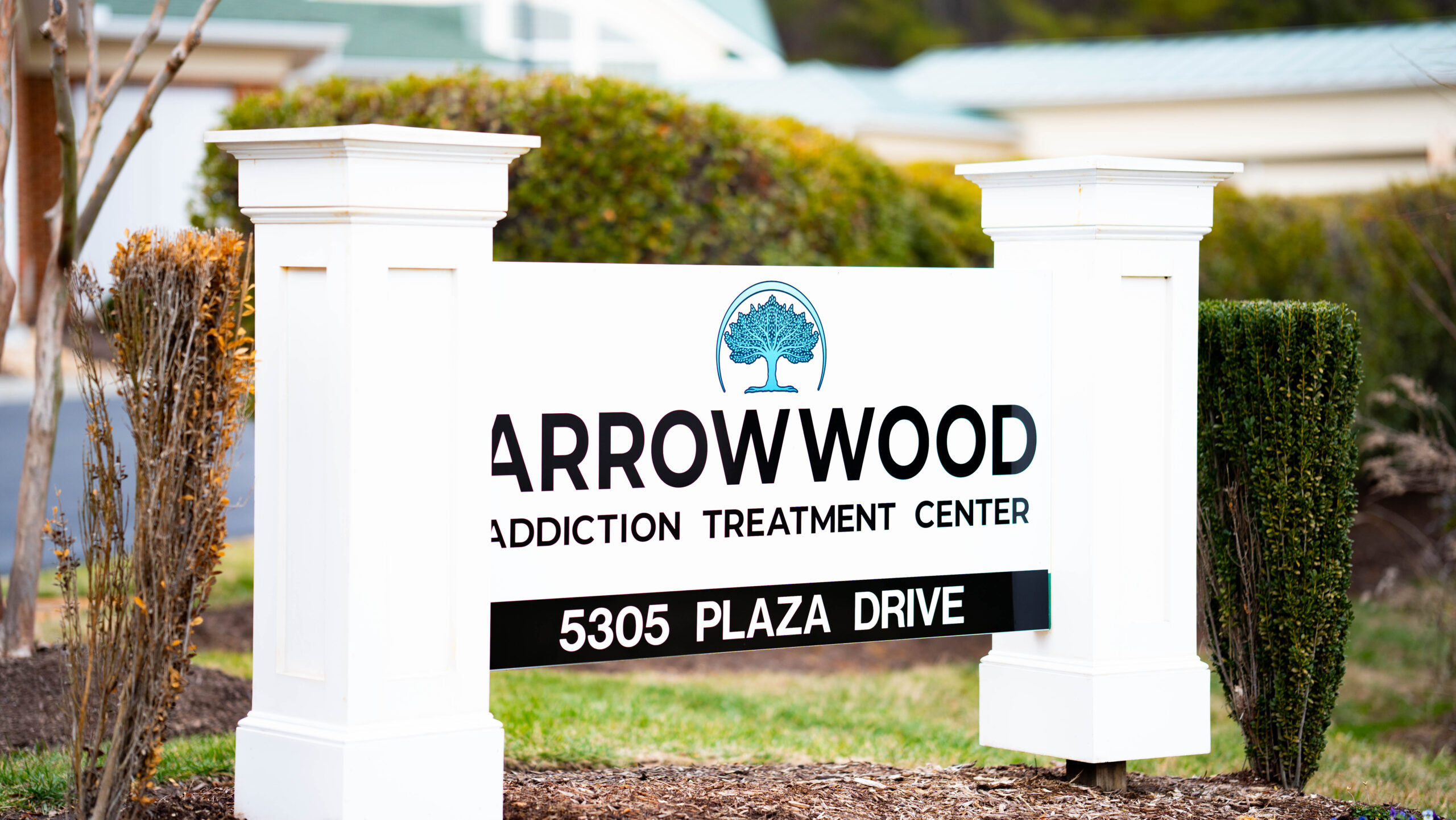Discover Effective Treatments at a Certified Addiction Treatment Center
Discover Effective Treatments at a Certified Addiction Treatment Center
Blog Article
Navigating the Journey of Cleansing in the Comprehensive Dependency Treatment Program
Getting started on the course of detoxification within the framework of a thorough dependency treatment program is a critical phase in the trip in the direction of recovery. The procedure of detoxification holds a substantial role in damaging the physical dependence on compounds and preparing the individual for the subsequent stages of treatment. Browsing with detoxification is not just an issue of physical cleansing; it entails a complex interplay of mental, emotional, and social factors that require mindful factor to consider and support. As individuals grapple with the obstacles of withdrawal signs and symptoms and the unpredictabilities that lie ahead, having a structured plan and a robust support system in position comes to be paramount. In this conversation, we will discover the complex elements of cleansing within the extensive addiction treatment program and clarified the essential parts that form this transformative journey towards healing.
Importance of Detoxification in Recovery

Detoxification sets the structure for the rest of the addiction therapy program by preparing the person for more therapy and therapy. By cleaning the body important that have actually been clouding judgment and impacting habits, detoxification allows people to approach their recovery with a clearer mind and more powerful emphasis.
Furthermore, detoxification aids in taking care of the potentially severe withdrawal signs that might occur when medicine or alcohol usage is quit. Physician carefully keep an eye on individuals during detoxification to guarantee their safety and security and offer essential support. Via this procedure, individuals can start their journey towards sobriety with a maintained physical and mental state, boosting the probability of an effective recovery.
Recognizing the Detox Refine
Cleansing, a basic component of addiction therapy programs, involves a structured process focused on securely eliminating unsafe materials from the body to promote a successful healing journey. The detox process commonly begins with an assessment to evaluate the person's compound use background, physical wellness, and psychological wellness. This assessment helps healthcare experts identify the most appropriate detoxification plan tailored to the person's needs.
Throughout detox, the body goes with withdrawal as it adapts to the lack of the compound. Withdrawal symptoms differ relying on the sort of material used, the duration of usage, and specific variables. Medical supervision during detoxification is important to take care of withdrawal signs and ensure the person's safety and comfort.

Managing Withdrawal Signs And Symptoms

Medicines might be utilized to ease specific withdrawal signs and symptoms and lower pain. Medications like methadone or buprenorphine can assist take care of opioid withdrawal signs, while benzodiazepines might be utilized for alcohol withdrawal. It is vital for doctor to meticulously keep an eye on the person's response to these medications to guarantee their safety and effectiveness.
In addition to pharmacological interventions, supportive treatments such as counseling, peer support teams, and all natural practices like mindfulness meditation or yoga exercise can assist people deal with the psychological and emotional challenges of withdrawal. By addressing withdrawal symptoms adequately, healthcare providers can improve the detoxification experience and support people on their trip to recovery.

Assistance Solutions Throughout Detoxification
Assistance systems play an important duty in giving emotional and social support to people going through detoxing in dependency therapy programs. Throughout the detoxification process, individuals often experience a variety of physical and mental withdrawal symptoms, making this phase challenging - Addiction Treatment Center. Having a strong support system in place can dramatically impact the person's capability to navigate with detox efficiently
Support groups offer a system for people to attach with others who are going via comparable experiences, using a feeling of neighborhood and shared understanding. Healthcare experts, including medical professionals, therapists, and therapists, play an essential duty in checking the individual's development, providing medical assistance, and using support throughout the detox procedure.
Looking Ahead: Life After Detoxification
Having successfully completed the cleansing stage, people in dependency therapy programs currently concentrate on preparing for the challenges and opportunities that lie ahead in their journey towards healing. Life after detox notes a critical transition period where people must remain to build on the progress made during detox to preserve their sobriety. It is necessary for people to identify that the trip in the direction of recuperation is continuous and calls for devotion, dedication, and a willingness to welcome adjustment.
One trick facet of life after detoxification is the growth of dealing systems to manage triggers and yearnings that may occur. This may involve learning brand-new abilities, such as mindfulness techniques, cognitive-behavioral methods, and anxiety administration methods, to navigate difficult circumstances without turning to material usage. Furthermore, people are motivated to actively participate in continuous therapy, support teams, and aftercare programs to reinforce their assistance network and get support as they navigate the complexities of life post-detox.
Final Thought
In conclusion, detoxing is a crucial component of the extensive addiction treatment program. Recognizing the detoxification procedure and managing withdrawal symptoms are crucial actions towards recovery. Support group play a substantial duty during this tough journey. Addiction Treatment Center. Looking ahead, life after detoxification holds useful site pledge for a much healthier, substance-free future. It is essential to recognize the relevance of detox in the procedure of conquering addiction and relocating in the direction of a life of sobriety.
Medical guidance during detox is critical to manage withdrawal signs and symptoms and ensure the individual's safety and convenience.
By understanding the detoxification process and its significance in damaging the cycle of dependency, individuals can get started on a path towards lasting recuperation.
During the detox procedure, individuals usually experience an array of physical and emotional withdrawal signs, making this stage tough. Health care professionals, including therapists, physicians, and therapists, play an essential function in monitoring the individual's development, giving medical support, and providing support throughout the detoxification process.
Life after detox notes a crucial transition duration where people must continue to construct on the progression made throughout detoxification to keep their soberness.
Report this page